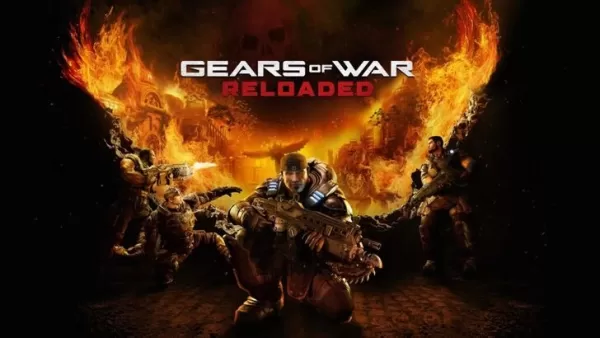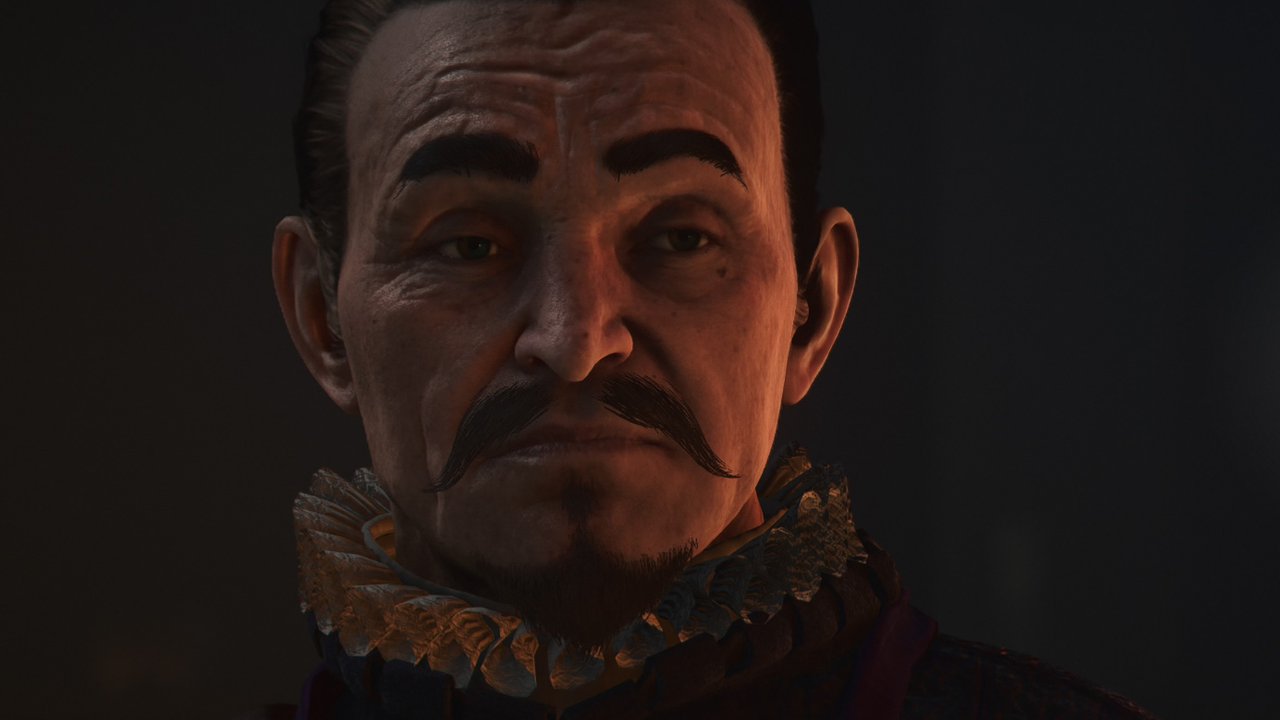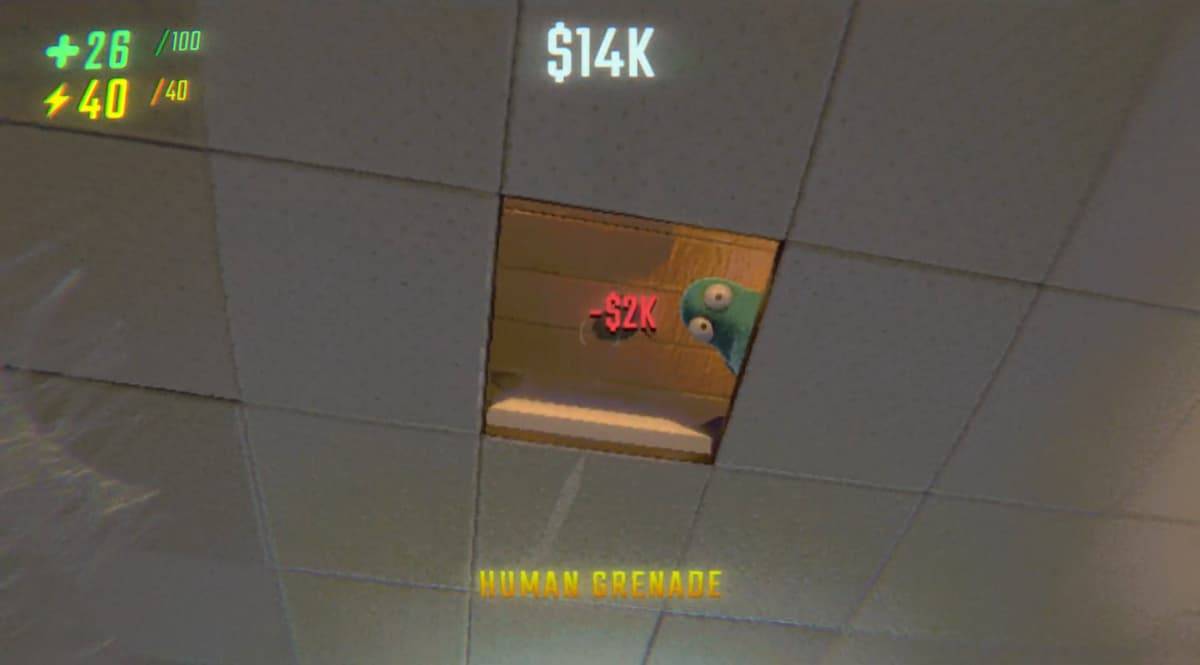Amid industry-wide layoffs, studio shutdowns, and dwindling funding, the gaming sector has faced unprecedented challenges. Enrique Fuentes, CEO and co-founder of Teravision Games, experienced this turbulence firsthand following the launch of Killer Klowns From Outer Space, an asymmetrical horror game adapted from the cult 1988 film. Despite positive reception (IGN awarded it a 7/10, praising its faithful recreation of the movie's campy charm) and viral trailers, the studio soon confronted the harsh realities plaguing developers in 2024.
"The industry slowdown made securing our next project unexpectedly difficult," admits Fuentes, whose studio previously collaborated with Disney, Nickelodeon, and Xbox.
Facing dwindling opportunities, Teravision's veteran developers – with two decades of industry experience – pivoted to an unconventional solution: developing within Fortnite's ecosystem. Their gamble paid off, with three successful Unreal Engine for Fortnite (UEFN) titles launched within a year. Their latest project, debuting today, leverages the official The Walking Dead content pack recently added to UEFN.
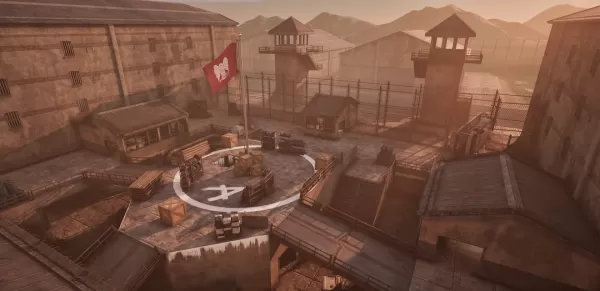
Developed in partnership with Skybound Entertainment (co-founded by The Walking Dead creator Robert Kirkman), Courtyard King reinvents the prison battle arena as a PvPvE "King of the Hill" experience. Players battle both human opponents and NPC zombies using authentic character models including Rick Grimes, Negan, and Daryl Dixon. Beyond assets, Skybound's writing team collaborated directly on narrative elements, marking a first for UEFN productions.
"We've previously worked on multi-year projects like Killer Klowns," notes Fuentes. "UEFN lets us deliver complete experiences in weeks – an absolute game-changer during these challenging times."
The studio's trajectory highlights the rising importance of professional User-Generated Content (UGC). While platforms like Roblox popularized player-made creations, Fortnite's UEFN tools have enabled studios like Teravision to produce polished experiences quickly. Their Havoc Hotel roguelike shooter series demonstrates this potential, with the third installment consistently ranking among Fortnite's most played modes.
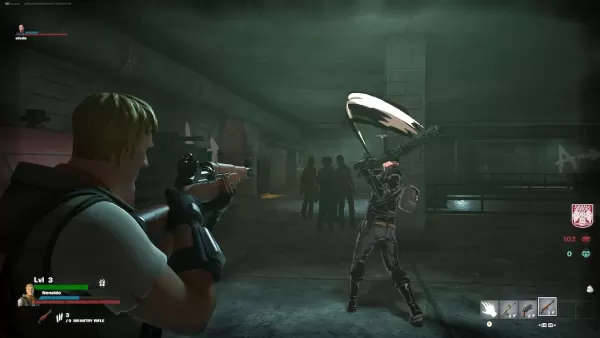
Game designer Martín Rodríguez explains their advantage: "Coming from Unreal Engine development made UEFN adaptation seamless. The streamlined workflows let us focus on innovation rather than technical hurdles." This efficiency allowed rapid prototyping of novel concepts that defy traditional game design paradigms.
Creative Director LD Zambrano observes unique player behaviors emerging: "UEFN creates playgrounds rather than structured competitions. Like schoolyard games, players invent their own fun within our frameworks." This philosophy manifests in Courtyard King's endless match structure, where players can switch teams mid-game – intentionally creating dramatic betrayals worthy of the source material.
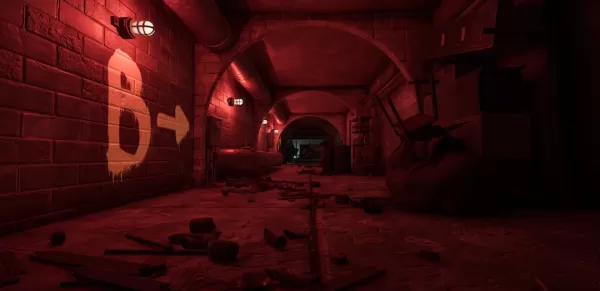
For independent studios navigating the current industry climate, Fuentes sees UEFN as a lifeline: "This model lets us sustain an 80-person team through manageable risk. Where three-year development cycles became impossible, we now prototype, test, and launch within months." As traditional funding sources dry up, such agile approaches may define gaming's next chapter – proving that even in the undead apocalypse of 2024's gaming industry, innovative survivors will always find a way.






